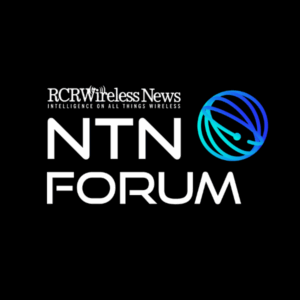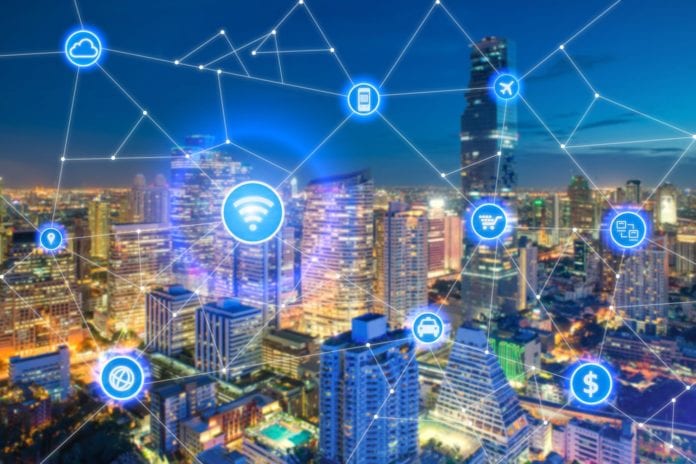WASHINGTON, D.C.–Cities will be a dominating force shaping both the problems and the solutions of the future, according to Carl Pope, former executive director and chairman of the Sierra Club.
Pope spoke in a keynote address at Smart Cities Week D.C., addressing the opportunities ahead for cities in utilizing technology and innovation. He said that if cleaner, more efficient technologies both help the planet and are profitable, then the real question is how quickly they can be adopted — and cities are the likely places for that to happen. While national governments must balance “the interests of the future and the embedded incumbents of the past,” he said, “Cities are places that like to innovate. City governments are practical, pragmatic institutions.”
Cities are expected to continue to hold the majority of the world’s population and grow even larger in the coming decades, and while that will mean they also bear the brunt of the consequences of such growth, that means cities also have the most incentive to innovate to solve such problems. Pope said that the most important thing the world can do to combat its environmental issues is to allow its cities to experiment, rather than being reined in by federal or state regulations.
Cities are also trying to explore “smart” technologies and the internet of things to augment their efforts to anticipate and combat the impacts of climate change, to improve public safety and even as a weapon in the fight against the current opioid epidemic. Cities such as Ann Arbor, Mich. are trying to position themselves as supporters of innovation and test beds for connected vehicles, to attract tech companies and the high-paying jobs that come with them. One of the major challenges that a number of speakers mentioned was the desire to create an environment where cities could experiment with new technologies and “try and fail” in order to figure out the best fit and solution — and the valuable lessons in what doesn’t work — but the difficulty of doing so without the perception that taxpayers’ money is being wasted.
Equity was a major part of the discussions at Smart Cities Week, particularly around how cities digital initiatives can work for all their residents when many of them may not have smartphones, credit cards or internet access; and the implications of transformations such as connected or autonomous vehicles on underserved communities, to try to avoid the mistakes of the past.
“Every single time there’s a shift of terms of mobility, in terms of something new, the underserved communities are always on the outside,” said Mark Dowd, who works on mobility, technology, smart cities and environmental policy at the University of California, Berkeley; he added that more people are thinking about how to make “smart city” initiatives more inclusive while helping government to work better for its citizens.







